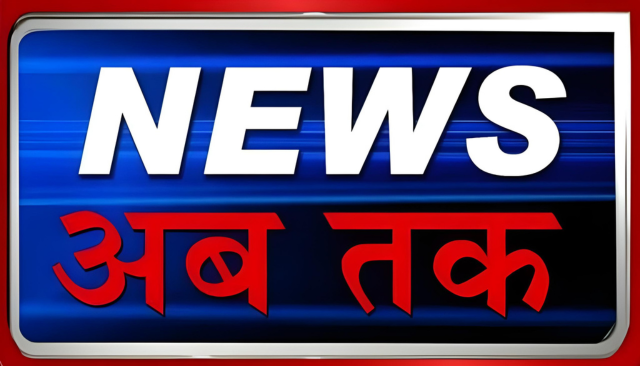Tensions between India and Pakistan are always at a boiling point, and recently, this tension reached a new level when Pakistan’s Foreign Minister Bilawal Bhutto made a controversial statement. Bilawal Bhutto had said, “If India takes any action against Pakistan, a situation of bloodshed will arise.” This statement created a stir in Indian politics. Senior Congress leader and MP Shashi Tharoor immediately retaliated, stating, “If blood is shed, more will flow on their side than ours.”
Bilawal Bhutto’s Statement: Bilawal Bhutto’s statement was seen as a provocation, heightening the already tense relationship between India and Pakistan. He made this remark during a period when tensions were once again escalating between the two countries. Bilawal said, “If India is hostile towards us, a situation of bloodshed will arise. We will take whatever steps are necessary to defend Pakistan.” His statement was aimed at drawing the world’s attention to protect Pakistan from any potential aggression by India. However, it quickly became a topic of discussion not only in India but also in the international community.
Shashi Tharoor’s Rebuttal: Shashi Tharoor swiftly responded to Bilawal Bhutto’s statement by saying that if Pakistan were to instigate a war, the situation of bloodshed would arise on both sides. However, Tharoor made it clear that “more blood will flow on their side than ours.” Tharoor also emphasized that Pakistan’s foreign minister should think carefully before making such controversial statements. He viewed Bilawal’s comment as a threat of war and considered it a serious risk to India’s national security.
Tharoor further strengthened his statement by pointing out that India is a powerful nation with strong confidence in its military capabilities. If Pakistan were to launch any military action against India, it would face significant consequences. Tharoor’s response reflected India’s belief in its military strength and its commitment to national security. He also reminded Pakistan that India not only has a strong military but also a prominent place in global politics.
India-Pakistan Tensions: Tensions between India and Pakistan are not a new phenomenon. Disputes over the Kashmir region, terrorism, and border issues have always been sources of friction between the two countries. Pakistan has been repeatedly accused by India of supporting terrorism and harboring terrorists who target India. The issue of cross-border terrorism has only worsened bilateral relations, particularly after several attacks in Kashmir that were linked to Pakistan-based militants.
Recently, following an attack in Jammu and Kashmir, Pakistan came under increased international scrutiny. India has consistently accused Pakistan of harboring terrorists and supporting activities that destabilize the region. Against this backdrop, Bilawal’s statement only served to escalate the tension further, drawing criticism from India.
Political Reactions: There were mixed political reactions in India regarding Shashi Tharoor’s response to Bilawal Bhutto’s remarks. While some applauded Tharoor for giving a strong and fitting reply to Pakistan’s foreign minister, others considered it an unnecessary escalation. Tharoor reiterated that such statements from Pakistan would only fuel the already volatile situation, adding that violence and war would never solve any issue but only lead to destruction and further losses.
In India, many analysts have called for a tougher foreign policy approach, urging the government to increase pressure on Pakistan at the international level to curb its support for terrorism and resolve longstanding disputes through peaceful means. Some critics argued that Pakistan often creates controversies to provoke India while ignoring its own internal issues.
The Path Forward: The role of the international community will be crucial in improving India-Pakistan relations. Many nations have urged both countries to engage in dialogue and resolve their issues peacefully, avoiding conflict. However, with a lack of trust between India and Pakistan, this seems difficult to achieve. It is clear that war and violence will not lead to the resolution of any issues between the two countries.
At this moment, both India and Pakistan find themselves at a juncture where war would benefit neither side. Pakistan needs to understand that war would only lead to destruction, and peace is the only path that will allow both nations to move forward.
